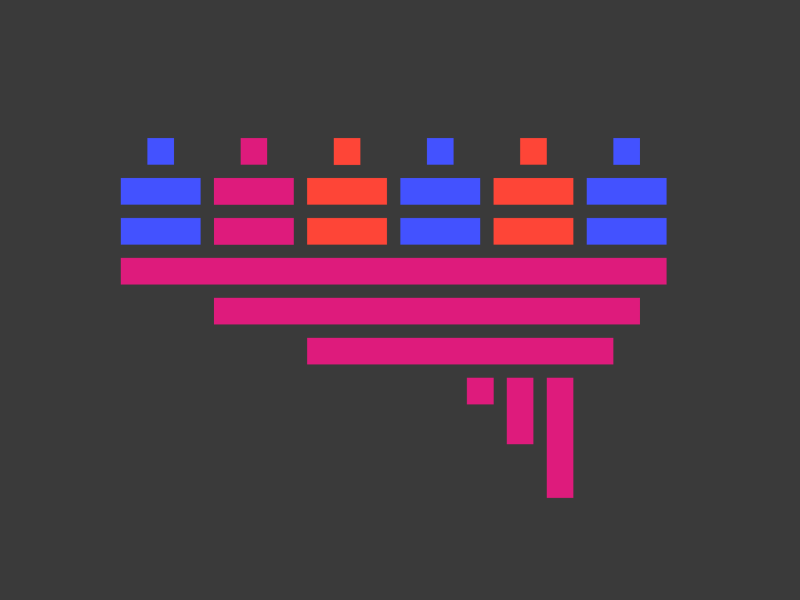
Three key collaborations to foster digital fluency in students

You may also like
Developing the skills needed for the jobs of the next 10 to 15 years requires digital fluency – the ability to use available technologies in creative ways across all disciplines. Digital skills development is most impactful when in the context of students’ interests and ambitions and where students can see the connection to their careers. But keeping abreast of specific uses across a range of disciplines is more than any digital skills team can do on their own.
The LSE Digital Skills Lab mission is to “create digitally confident social scientists, with the right opportunities at the right time”. When considering student employability, the right opportunities have developed through collaborations that combine our practical approach to digital skills development with academic expertise, alumni insights and industry partnership. With these three collaborations, we’ve helped students develop the digital fluency and confidence to step out into the workplace of the future.
Working with academic expertise
When students are time poor, they’re practical. We find our students are most motivated when they can see a direct line from their discipline through to the digital capabilities needed to succeed in the workplace.
- Tried and tested ways to teach your students soft skills
- Strategies to train students in three transferable skills wanted by employers
- Creating opportunities to enhance student employability online
A great starting point when looking for ways to develop student employability is contacting academics with industry insight.
A recent collaboration with Ken Lee, an associate professor of accounting and former managing director at Barclays Capital, to deliver workshops on data modelling with Excel for our accounting students, saw hundreds of students give up their weekend to gain practical experience with the tools and frameworks they will encounter in the banking industry.
Leveraging alumni insights
Our academic colleagues are also a great source of connection to alumni. Former students have generously shared their experiences and insights on the key tools and digital capabilities required for graduates entering the workforce.
A recent pilot that integrated data cleaning, analysis and visualisation tools into a course on our MSc International Development and Humanitarian Emergencies was based on advice and insight from former and current students with experience in international organisations. Such advice, which can be sought via LinkedIn connections, means students are engaging with the most industry-relevant tools. They can also produce examples of work to share with potential employers. Students find the practical advice from those in the workforce invaluable, and the experience of learning about real-world applications of tools extremely helpful.
Some student feedback we recently received was: “Keep up the amazing job in teaching people the application of Excel in real-world scenarios. I also loved how engaging the team was at the workshop.”
Partnering with industry
Our collaborations with industry are made possible through fruitful working relationships with our careers service and alumni engagement teams. Finding alumni and companies who are willing to share their time and expertise directly with students provides them with cutting edge insights into the world of work.
One such example is a department of management alum and AI company founder who will run this year’s Code Camp with MSc students, studying information systems and digital innovation. Each year, this extracurricular opportunity is designed to give MSc students hands-on experience with some of the technologies and theories they’ve been studying. This year, Code Camp participants will be taught about designing and developing an AI model to meet a specific business need, identifying the unique risks introduced during AI design and how these can be mitigated.
Open students’ minds to alternative careers
These hands-on practical experiences can also be valuable for providing students with exposure to industries and career paths they may not have previously considered, and providing them with the confidence to pursue alternative careers. Now in its fourth year, the Optiver Coding Challenge (run with market making company Optiver) sorts students into interdisciplinary teams to design, refine and run trading algorithms on a virtual market exchange, before reflecting on their performance as coders and as team members. Such opportunities bring together students’ academic knowledge, digital capabilities and workplace skills of communication and teamwork, equipping them with excellent examples of their workplace readiness across a range of skill sets.
“Everyone was enthusiastic and keen to learn and share knowledge,” said one student who learned coding alongside trading theory. “The experience has broadened my horizon on alternative careers and LSE modules outside of my curriculum. Taking part in the challenge will give me an edge in future interviews, as I know employers are keen to learn about how students apply their knowledge and skills to real world situations.”
Through thoughtful and creative collaborations with academics, alumni and industry, we can provide students with valuable, cutting-edge opportunities to work with real-world problems. In doing so, they better understand how to transfer their existing skills and learn new ones to solve the problems of work – ultimately gaining digital fluency, not just digital skills.
Jeni Brown is head, and Nedelin Velikov is a staff member, at the LSE Digital Skills Lab at the London School of Economics and Political Science.
If you would like advice and insight from academics and university staff delivered direct to your inbox each week, sign up for the Campus newsletter.


